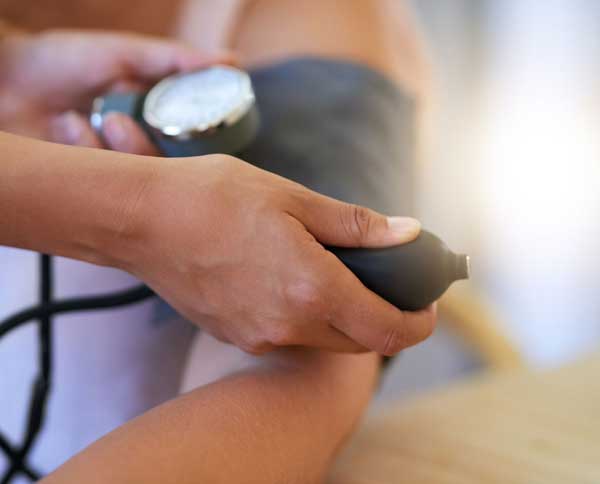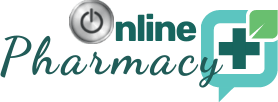Blood pressure is a critical health metric that has long been the subject of debate and guidelines. The commonly cited “ideal” blood pressure of 120/80 mmHg has been pushed as a universal standard, but as Dr. Seidelmann points out, this simplistic approach fails to account for the nuances of individual health and physiology. In this comprehensive article, we’ll delve into the limitations of this one-size-fits-all approach, the significance of insulin resistance, and the importance of adopting a more personalized strategy for optimal blood pressure management.

The Flaws of a Universal “Ideal” Blood Pressure
The notion of a singular “ideal” blood pressure is flawed on several fronts. People come in diverse shapes, sizes, and ages, each with their own unique physiological needs and adaptations. As we grow older, it is natural for blood pressure to increase due to factors such as the loss of elasticity in blood vessels and changes in hormonal balance. Pushing for strict blood pressure control, particularly in older populations, can lead to unintended consequences, including weakness, dizziness, and even falls.
The Role of Insulin Resistance in Hypertension
A key insight from Dr. Seidelmann’s discussion is the strong link between insulin resistance and high blood pressure. Insulin resistance, a precursor to type 2 diabetes, is a widespread epidemic in many Western countries, primarily driven by poor lifestyle choices and a diet high in ultra-processed foods, refined carbohydrates, and sugars. This insulin resistance can contribute to hypertension through a variety of mechanisms, including impaired blood vessel function, increased sympathetic nervous system activity, and disruptions to the renin-angiotensin-aldosterone system.
Personalized Blood Pressure Management
To address the complexities of blood pressure regulation, Dr. Seidelmann recommends a more personalized approach. He emphasizes the importance of first addressing insulin resistance through lifestyle modifications, such as a healthy diet and regular exercise. By successfully managing insulin resistance, many individuals have been able to significantly reduce or even eliminate their need for blood pressure medications.
Additionally, Dr. Seidelmann stresses the value of home blood pressure monitoring. By tracking their blood pressure readings at different times of the day, individuals can gain a more accurate understanding of their true blood pressure profile, rather than relying solely on readings taken in a clinical setting. This can help identify instances where blood pressure may be too low, leading to undesirable symptoms like weakness and dizziness.
Conclusion
The pursuit of a universal “ideal” blood pressure is a misguided notion that fails to account for individual variations and the complex factors that influence cardiovascular health. By adopting a personalized approach, focusing on insulin resistance management, and utilizing home blood pressure monitoring, individuals can take a more proactive role in maintaining optimal blood pressure and overall well-being. It’s time to move beyond the one-size-fits-all mentality and embrace a more nuanced, personalized approach to blood pressure management for better long-term health outcomes.
